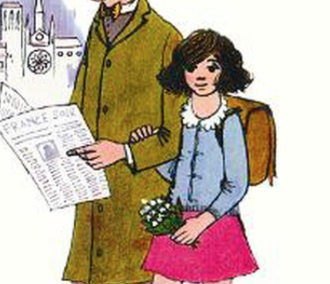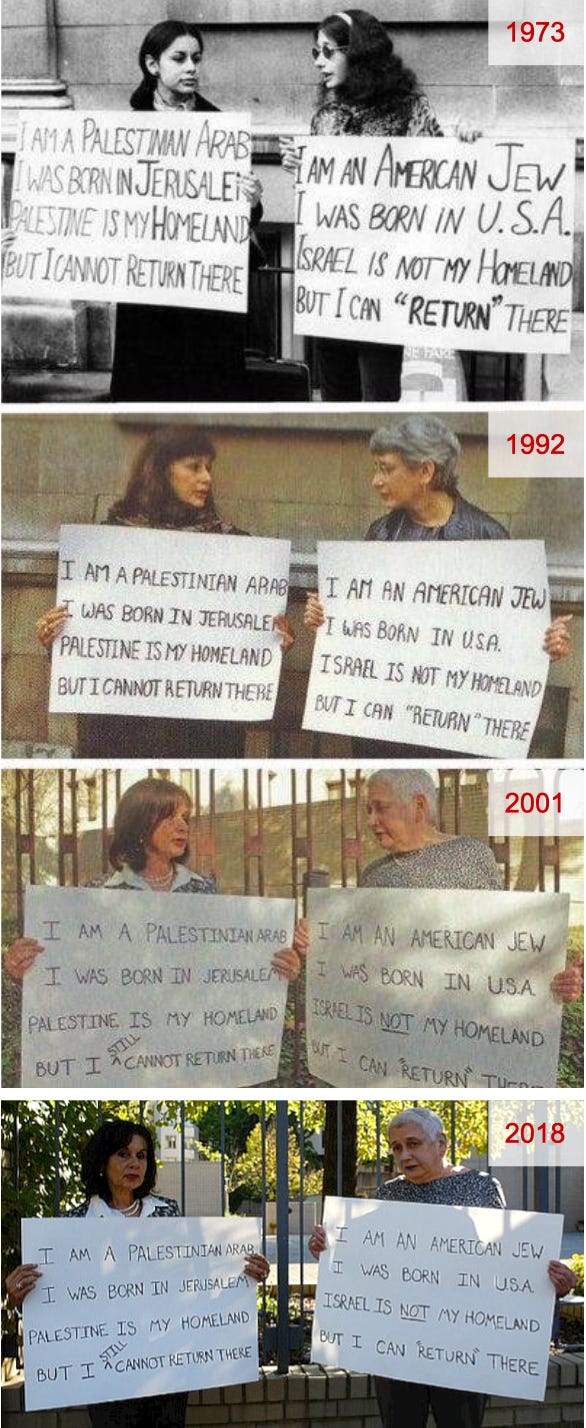If I had lived in Nazi Germany

When I was 9 years old, I found a copy of When Hitler Stole Pink Rabbit by Judith Kerr in our school library and it truly changed my safe, Pākehā, provincial view on the world. At the time, my only other knowledge about the context of the book came from hundreds of hours watching The Sound of Music and snatches of tales from my Grandad’s war years.
From there, I sought out every junior novel I could find about this time in history, reading and rereading The Silver Sword, Goodnight Mister Tom and I Am David. My older sister had studied The Diary of Anne Frank at high school and I devoured that, too. I was especially interested in the pre-war years, quizzing my Dad about the rise of Nazi Germany. His love of learning history was as compelling as his insistence that ‘we have to know our history so we can learn from the mistakes of the past’. In my early 20s, I was still reading novels set during WWII and learnt a whakataukī that affirmed what my Dad had taught me;
Kia whakatōmuri te haere whakamua
I walk backwards into the future with my eyes fixed on my past
In these conversations between my angsty teen self and my unruffled, well-read father, I would always circle back to questioning why more people hadn’t interrupted the escalation of white supremacy through the 1930s. Where was the large-scale outrage? How ashamed they must have felt, as the truth of their indifference was eventually revealed along with the horrors of what they had allowed the Nazi regime to do. I would imagine myself in the place of all those who fearfully obeyed the increasingly divisive laws, protecting my own interests over collective wellbeing. What would I have done? Sending a daughter to the Hitlerjugend, avoiding judgement from snarky neighbours is not a choice made in isolation. It echoes the ideology of whiteness that values individual rights and privilege over all else. Hateful deeds done incrementally, slowly eroding the humanity of all those who passively participated in the Holocaust.
The Pākehā belief “each to his own” that I was taught, reinforces this idea that our personal actions or inactions don’t impact others. It’s the thin edge of the wedge that divides us. We saw how this individualism was challenged when the deadliness of Covid-19 was first realised in early 2020. Connecting to ‘the greater good’ was novel at the start of the pandemic, but became too counter-intuitive to sustain for so many.

I see it again now, as the world watches another genocide unfold in Gaza. Who will speak up for humanity? For those who don’t hold any power to change their circumstance, who haven’t chosen this; babies, children, women in labour, elderly, disabled, sick, scared families and those who are trying to help them; doctors, paramedics, teachers, photographers and truck drivers.
I think when we care more about ‘our own’, communities, beliefs, ideals and values than we do about others living or dying, something inside of us changes. We harden and fossilise as we step away from our own humanity. We are collectively involved in human suffering, both harm against and harm experienced. If we can’t see how these reactive cycles replicate the mistakes of our ancestors, then we are fools to think that the same won’t be done to us, one day. Or that we won't do the same to others.
I don’t want to participate in silent consent. To turn away from the unpleasantness, ‘because I can’.
Because I can’t. I am human before I am anything else and this is not just a humanitarian crisis, it’s a crisis for our humanity. As those in Gaza fear for their lives, in Aotearoa I fear for our souls.
How can I influence those in power? To make them stand up to this relentless, violent destruction of the Palestinian people?
I must see that their power is no different to my own.
Their status, fame, job title, salary, influence, visibility - are all just constructs.Our politicians and leaders are accountable to us - we collectively hold the power to create change. I’ve seen the videos of hundreds of 1000s protesting worldwide, calling for a ceasefire. I know we must join them and clamour for peace until our leaders act.
We must not be passive bystanders, we must learn from our ancestors and do better. The alternative is intolerable.
Email our new Prime Minister here: Christopher.Luxon@parliament.govt.nz